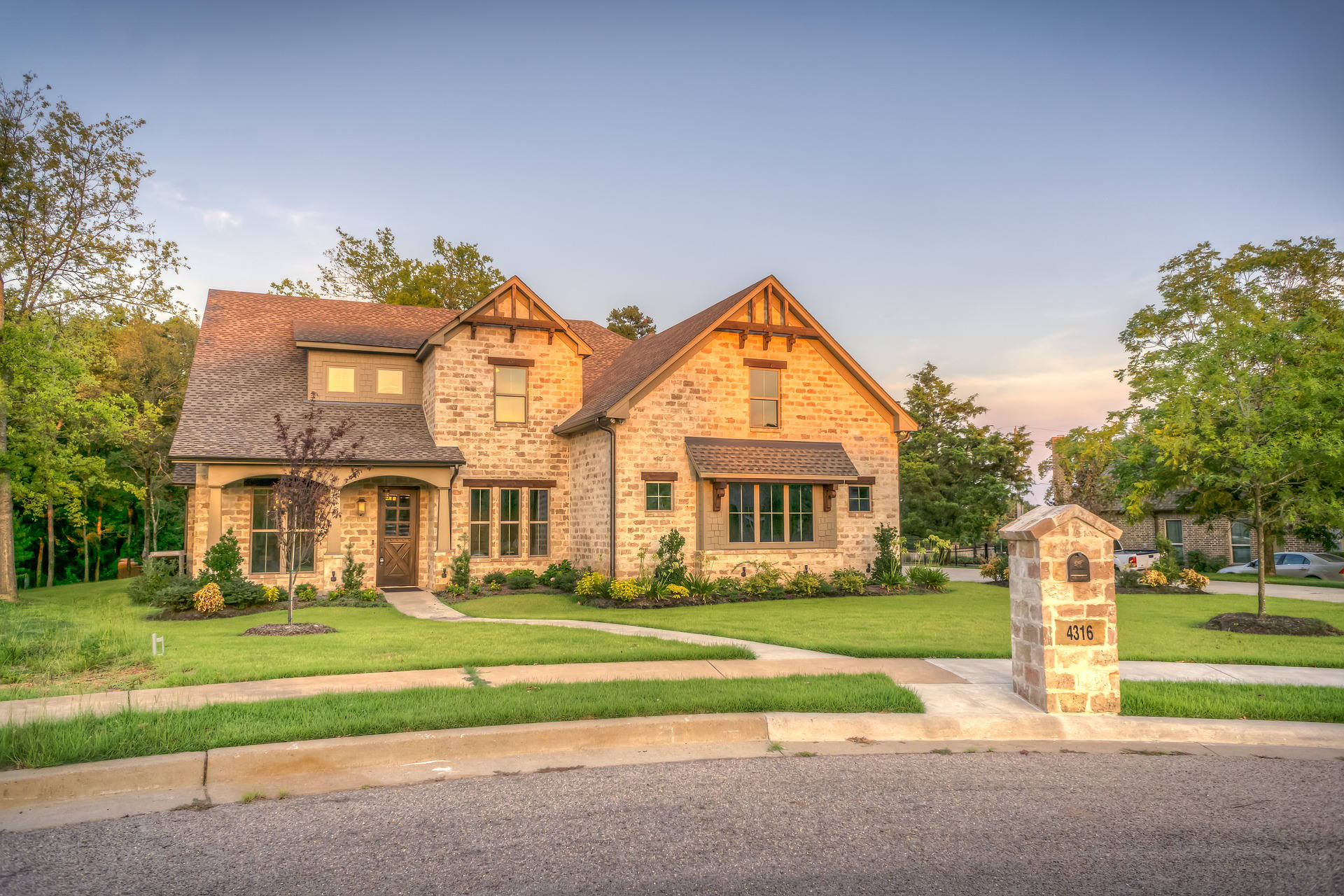Does Home Insurance Cover Water Damage? A Comprehensive Guide
Water damage is a common concern for homeowners, and whether or not your insurance covers you largely depends on the cause and circumstances surrounding the damage. While many instances of sudden, accidental damage from within your home are covered, some exclusions can leave you unprotected. In this guide, we’ll explore the nuances of home insurance coverage for water damage, key factors that affect coverage, and what steps you should take in case of an incident.
Understanding Water Damage Coverage
The kind of home insurance plan you possess is crucial in deciding how much coverage you have for water damage. It’s essential to familiarize yourself with the specific provisions outlined in your policy to avoid surprises when disaster strikes.
Sudden and Accidental Water Damage
The majority of typical home insurance plans will provide coverage for sudden and unintentional water damage. For instance, if a pipe bursts or an appliance overflows, causing water damage to your home, your policy will likely cover the repairs. Damages resulting from this coverage usually consist of:
- Broken pipes
- Leaking plumbing
- Overflowing washing machines or dishwashers
- Water damage from fire extinguishing efforts
However, it’s important to note that while your policy might cover the resulting water damage, it may not cover the cost of repairing or replacing the faulty appliance itself.
When Water Damage Isn’t Covered
While many types of water damage are covered under homeowners insurance, several notable exceptions exist. These include damage from external sources, gradual damage, and damage due to negligence.
External Flooding
Flooding from external sources, such as rising rivers or heavy rainfall, is typically not covered by standard homeowners insurance. In order to safeguard your home from flood damage, acquire a distinct flood insurance policy, frequently available through the National Flood Insurance Program (NFIP). This additional coverage is essential if you live in a flood-prone area or near bodies of water.
Gradual Damage and Neglected Repairs
Insurance policies generally exclude water damage from gradual wear and tear or long-term neglect. For example, if you have a slow leak in your bathroom sink that goes unrepaired for several months, your insurance is unlikely to cover any resulting damage. This gradual damage is preventable; most insurers require homeowners to maintain their property to avoid such issues.
Negligence and Lack of Maintenance
If water damage occurs because you failed to maintain your home correctly, your insurance company may deny your claim. For example, your claim may only be accepted if you don’twinterize your home and a pipe bursts due to freezing temperatures. Insurers expect homeowners to take reasonable steps to prevent avoidable damage, such as ensuring proper heating during the winter months.
Optional Water Damage Coverage
While standard policies have limitations, optional add-ons can provide extra protection. These include coverage for water back-ups from sewers or sump pumps, which are common sources of water damage.
Water Back-Up and Sump Pump Overflow
Many insurers, including Progressive Home, offer optional coverage for water backup and sump pump overflow. This add-on protects your home if your sump pump fails or a clogged sewer causes water to back up into your home. This optional coverage can be a lifesaver if your basement floods due to one of these scenarios.
What to Do If You Experience Water Damage
In the event of water damage to your home, it’s important to take prompt action to prevent additional problems and facilitate a smooth claims process.
Document the Damage
As soon as you notice water damage, take photos and videos of the affected area. Do not alter the scene or throw out damaged items until an insurance adjuster has inspected the damage. Proper documentation can significantly help your claim process.
Take Preventative Measures
While waiting for an adjuster, take steps to prevent further damage. For example, remove excess water from the area and relocate undamaged valuables to a safe location. Implementing these preventive steps can safeguard your residence from further damage.
Create a Home Inventory
Create a comprehensive inventory of all items that have been damaged, providing the make, model, age, and estimated value for each. Furnishing this data will be crucial for your claim process, as it enables the adjuster to comprehend the magnitude of your loss.
Frequently Asked Questions About Water Damage and Homeowners Insurance
Is Water Damage from Rain Covered by Homeowners Insurance?
Home insurance might provide coverage for rain-induced water damage, depending on the circumstances of the event. If rainwater enters your home through a window broken by a covered peril, such as a storm, the resulting water damage may be covered. However, standard policies do not cover flooding caused by rain or overflowing bodies of water.
Does Homeowners Insurance Cover Mold?
Mold removal or damage is generally not included in coverage unless it stems from a covered event, such as sudden water damage. For instance, your policy might cover mold remediation if a pipe bursts and mold develops. However, mold caused by long-term moisture buildup or neglect is generally excluded from coverage.
Does Renters Insurance Cover Water Damage?
For renters, insurance works similarly to homeowners insurance regarding water damage. Renters insurance will typically cover personal belongings damaged by sudden and accidental water damage inside the rental property. However, the structure of the building itself would be the responsibility of the landlord’s insurance.
Conclusion
Understanding your homeowner’s insurance policy and its limitations is crucial to protecting your home from water damage. While many types of sudden and accidental water damage are covered, several important exclusions exist, such as flooding, gradual damage, and negligence. By reviewing your policy carefully and considering optional coverage for specific risks, you can better protect your home and finances from costly water damage repairs.




